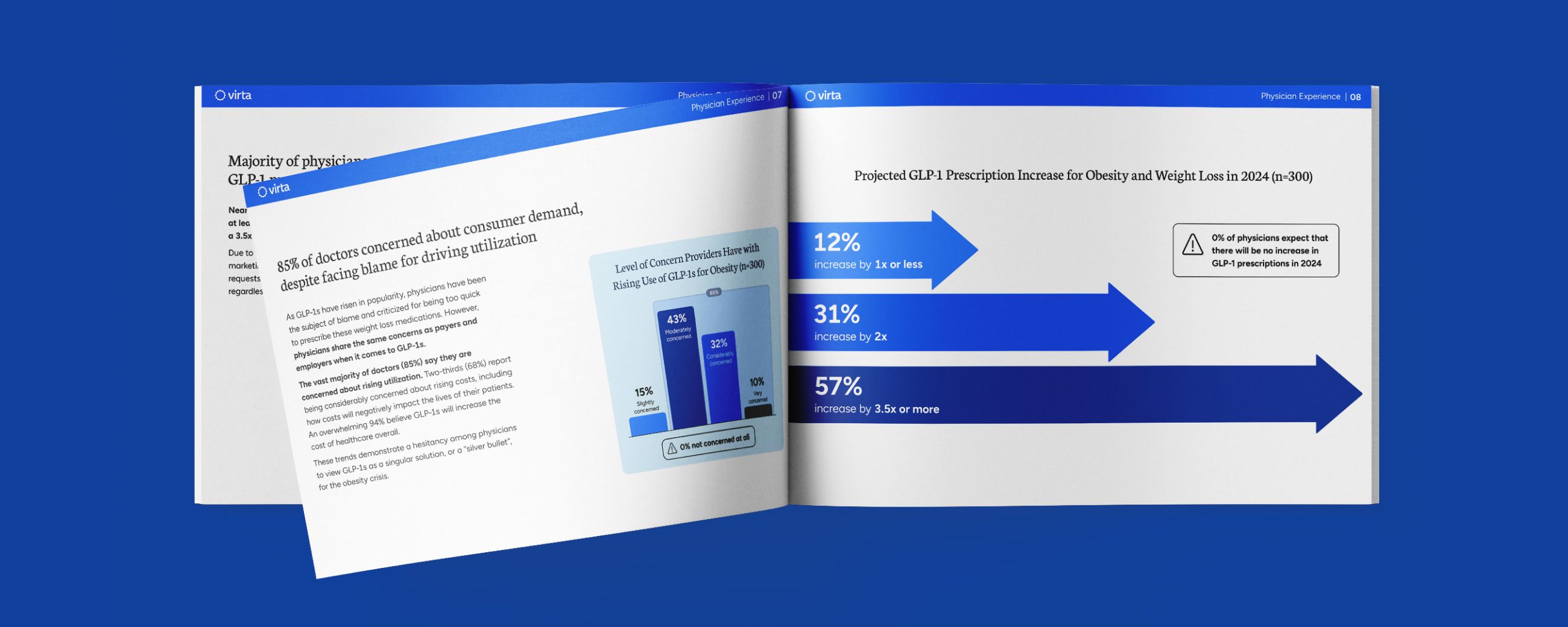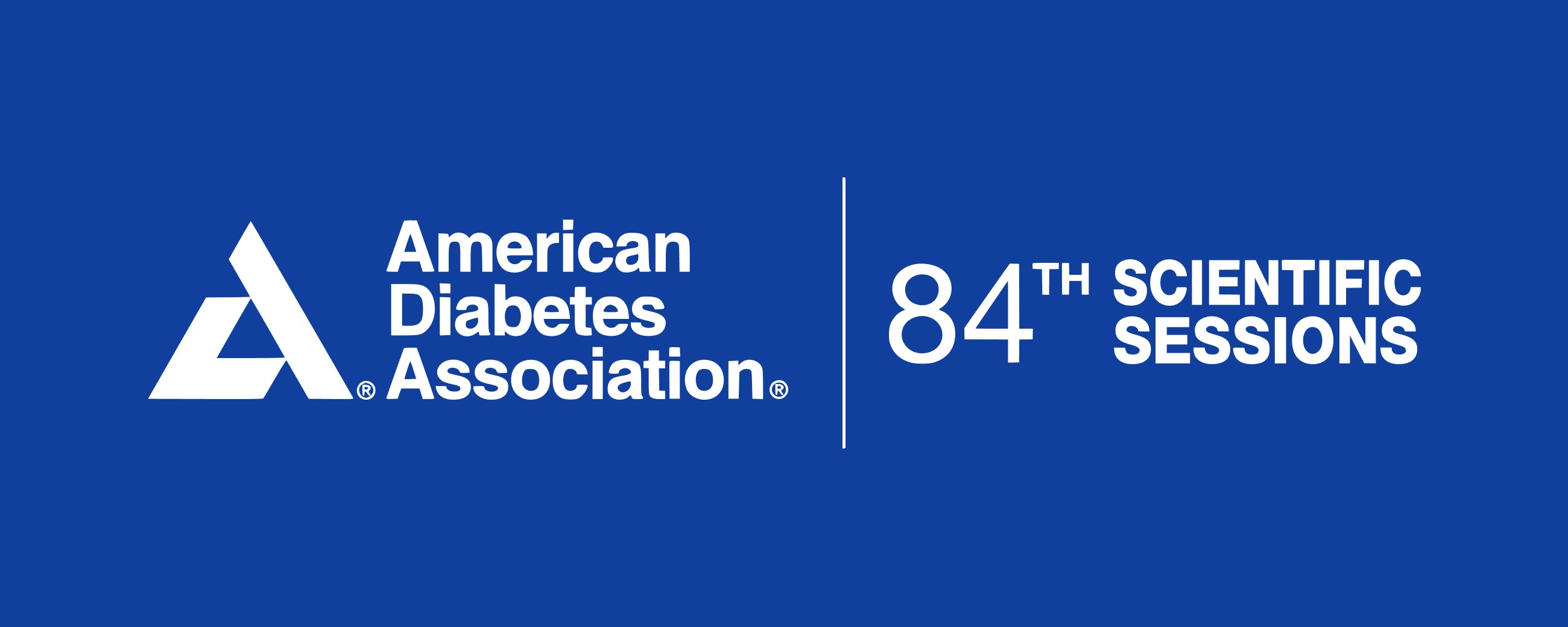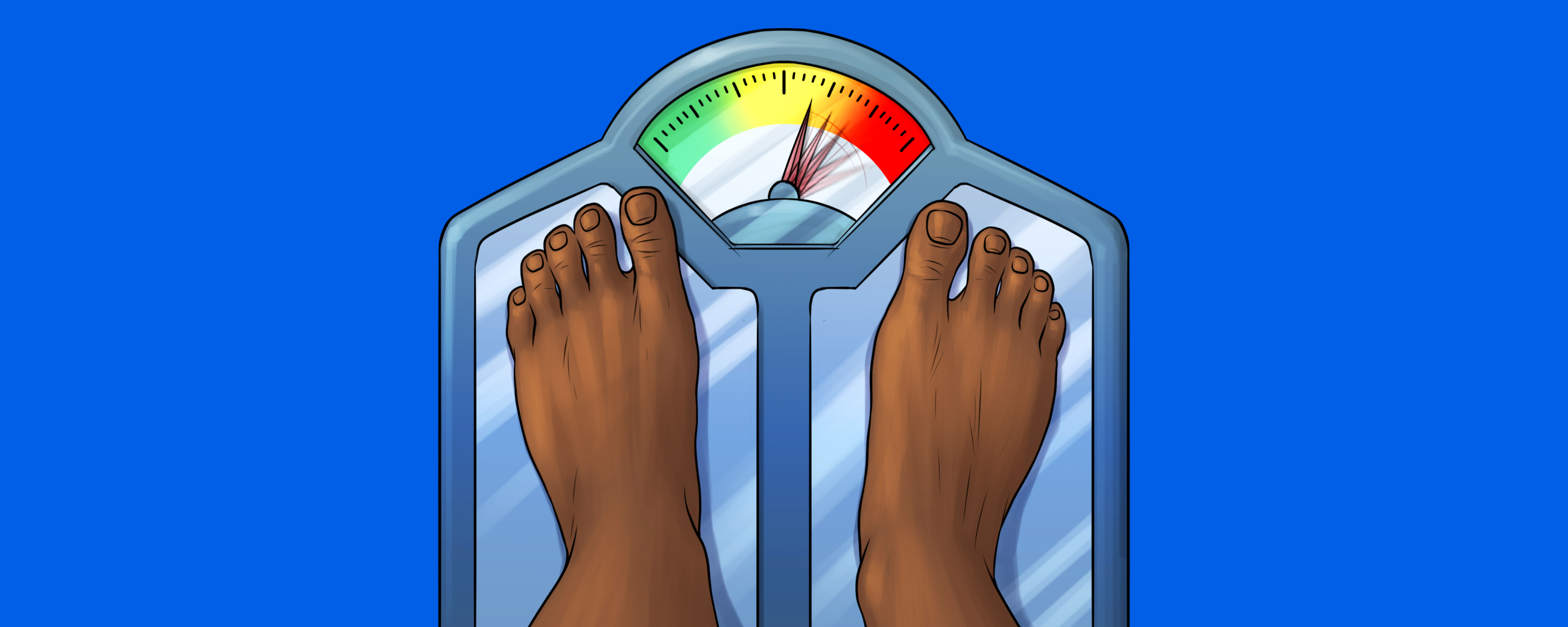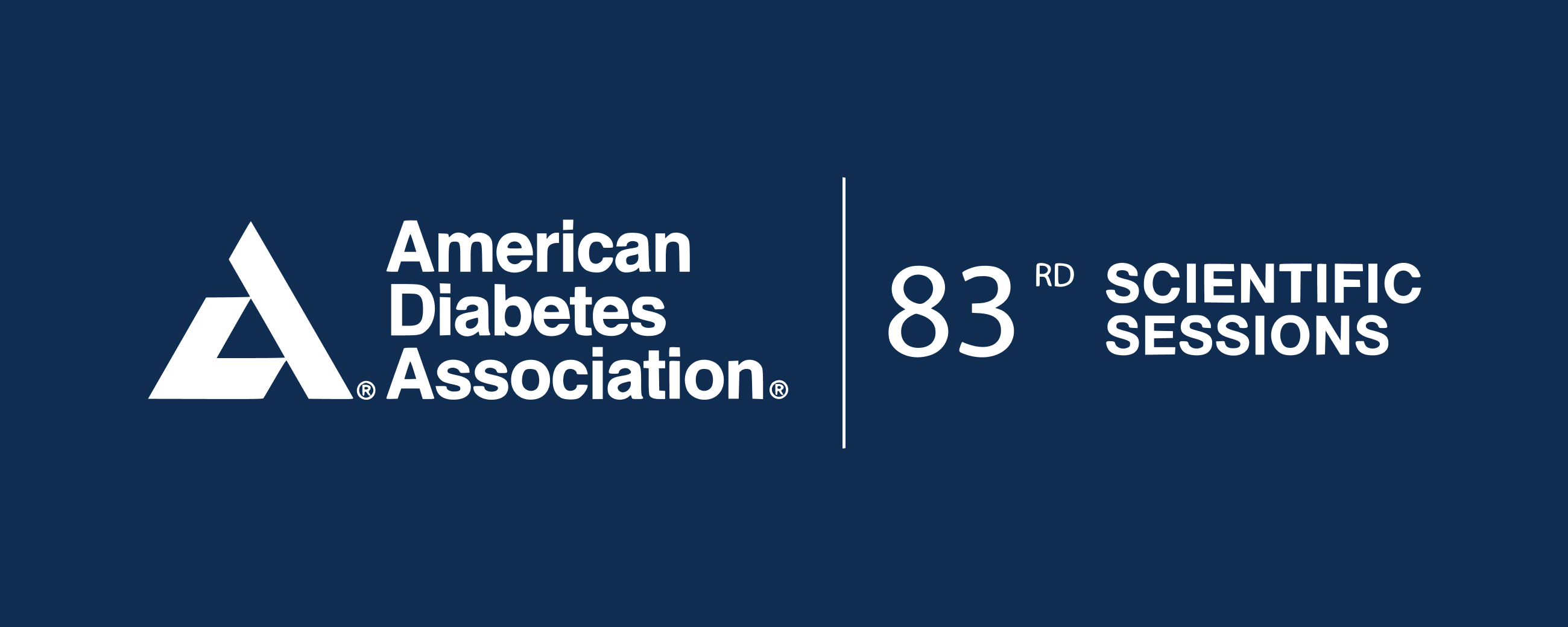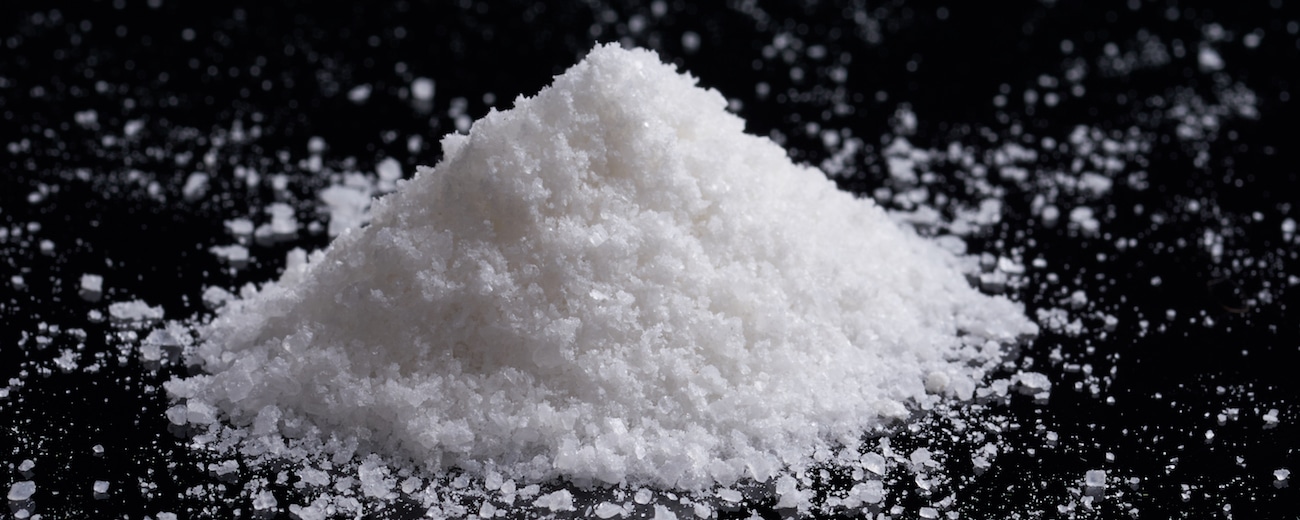
Sodium, Nutritional Ketosis, and Adrenal Function

Leveraging basic physiology to prevent 'keto-flu,' 'Atkins-flu,' and 'adrenal fatigue.'
If we can believe what we read on the internet, ‘adrenal fatigue’ is a common problem associated with low carbohydrate, paleo, and ketogenic diets. Typical symptoms attributed to diet-induced adrenal failure are fatigue, insomnia, anxiety, and slow recovery after exercise. In past decades, these symptoms have been casually called the ‘Atkins- or keto-flu’. And the equally casual recommended treatment from internet nutrition gurus is to add back more carbs to your diet until these symptoms go away.
But here is an interesting puzzle...
If you google “adrenal fatigue ketogenic” at the time of this writing you get 371,000 hits. However, a PubMed search of the same three words yields zero hits.
Why? The simple answer is that ‘adrenal fatigue’ is not an objective medical diagnosis associated with a ketogenic diet, nor is it one that can be made based upon a physical exam or by lab testing. You can’t find its diagnosis and treatment described in medical textbooks or in peer-reviewed research papers.
The mere fact that adrenal fatigue does not appear in medical textbooks does not prove that it doesn’t exist. After all, ‘nutritional ketosis’ and ‘keto-adaptation’ have yet to be adequately described in those hallowed publications. But where’s the science linking carbohydrate restriction and/or nutritional ketosis to impaired adrenal function (i.e., inadequate cortisol or adrenaline production)?
Indeed, there is a somewhat complicated answer to this question that can link nutritional ketosis to fatigue, anxiety, and even insomnia. And yes, adding carbs to your diet could understandably reduce these symptoms. So, case closed, right? Absolutely not!
Cutting to the chase, most of the symptoms that the internet community attributes to adrenal fatigue and inadequate dietary carbs can be cured by a modest daily supplement of one essential nutrient – sodium (aka salt).
Caveat: To avoid confusion as we continue this discussion, we need to differentiate between ‘sodium depletion’—which triggers the renin/aldosterole pathway that reduces sodium excretion—and simple dehydration. Dehydration triggers thirst, which stimulates water consumption. But water consumption alone cannot reverse the symptoms of sodium depletion. Without enough sodium in the body, no amount of water intake can maintain normal volume in the circulation. Dehydration by itself tends to be self-correcting. Sodium depletion symptoms are less specific, and given our national guidelines’ phobia against salt, most people don’t respond appropriately.
Sodium: Essential But Still Controversial
Sodium has been recognized for thousands of years (and understood biochemically for over a century) as an essential mineral for human well-being and function, but the optimum level of intake for humans remains highly controversial. Sodium intake has been linked to increased blood pressure in about 25% of the general population, and given the strong association between hypertension and cardiovascular disease, the assumption has been that we all should consume less sodium to reduce our heart-attack risk. In other words, we are all told to limit our salt intakes because this is assumed to be benign for most of us and life-saving for the minority with what is called ‘salt-sensitive hypertension.’
While sodium restriction for everyone remains the official policy of most developed countries, there are many reasons to question this one-size-fits-all recommendation (Taubes, 1997). First of all, no one has bothered to do the obvious study in which people with normal blood pressure restrict their salt intakes for years at a time to see if this improves their overall health, or at least does them no harm. Absent that, the epidemiological data from large populations based upon reported salt intakes has generated a lot of conflicting data, with some studies showing increased risk associated with increasing salt intakes and some not. (Mozaffarian 2015, Graudal 2012, Mancia 2017) For reasons we will explain below, sodium restriction as a national policy is increasingly apparent as a house built on sand.
The Salt/Sodium Adrenal-Hormone Connection
Eat no salt for more than a few weeks and you die. Don’t eat quite enough salt long term and you will develop symptoms that are the same as those described for ‘adrenal fatigue’.
Sodium is an essential mineral found in your blood, specifically in your serum, and in the extra-cellular fluid that surrounds all of the body’s cells. Its level in the blood is jealously guarded by the actions of both your kidneys and adrenal glands. Eat too much salt and your kidneys accelerate its excretion. Eat too little and your adrenals make a hormone called aldosterone that causes your kidneys to conserve sodium, but in doing so they are physiologically obligated to simultaneously waste potassium. Wasting too much potassium is not good because your muscles, heart, and nerves need to contain the right amount of potassium to work properly.
The reduced amount of sodium available in the circulation that triggers the adrenal gland to increase production of aldosterone also increases adrenal production of the stress hormone cortisol and the fight-or-flight hormone adrenaline. Increased cortisol and adrenaline levels are stress hormones that are potent impediments of healthy sleep.
Bottom line: salt, potassium, adrenaline, and cortisol are intimately connected; and there is a clear relationship between inadequate dietary sodium and the purported signs of ‘adrenal fatigue.’
How Nutritional Ketosis Affects Your Sodium Needs
With adaptation to nutritional ketosis over a number of weeks, many basic functions of the body undergo profound changes:
- Fat (and ketones made from fat) replaces glucose as the primary fuel
- Sensitivity to multiple hormones, including insulin (Forsythe 2008, Boden 2005), leptin (Volek, 2009), and thyroid hormones, improves
- The kidneys switch from retaining sodium to rapidly excreting it (Spark 1975). This carries the cumbersome medical name ‘natriuresis of fasting,’ but its real name is normal sodium metabolism with nutritional ketosis.
For those of us who are prone to retain sodium (e.g., causing bloating, high blood pressure, congestive heart failure, edema/ankle swelling), this accelerated sodium excretion with nutritional ketosis is a blessing. But once any excess sodium and water have been cleared from the body in the first few weeks of a ketogenic diet, a new balance of sodium intake to sodium excretion then has to occur so that adequate blood circulation (aka , circulating volume) can be maintained. However if, in this keto-adapted state, dietary sodium is restricted, your brain and kidneys signal your adrenals to increase aldosterone and cortisol. What this means is that a combination of nutritional ketosis plus salt restriction leads to adrenal stress.
Nutritional ketosis + salt restriction = adrenal stress
Research Linking Ketogenic Diets to Adrenal Stress
In our book The Art and Science of Low Carbohydrate Living, we describe a classic but seriously flawed human research study we have labeled ‘The Yale Turkey Study’ that was published in the New England Journal of Medicine (DeHaven 1980). This group of prominent medical scientists gave overweight subjects 400 kcal per day either as boiled turkey or as a 400 kcal combination of boiled turkey plus grape juice for a month or more. Sodium intake was tightly limited. The subjects receiving the ‘turkey only’ diet had 5-fold greater ketones, much lower blood pressure on standing, and prominent symptoms of fatigue. Most importantly, after weeks of stimulation to try and maintain normal blood pressure, their adrenaline levels were markedly reduced (i.e., depleted); whereas those patients fed turkey plus grape juice maintained normal adrenaline production.
Cortisol levels were not reported in this study, but they were likely elevated for the first few weeks in the subjects given the ‘turkey only’ ketogenic diet. And had this sodium-restricted turkey diet been continued for more than a month or two, cortisol production would have fallen as the adrenal glands finally failed to keep up. But is this a problem of nutritional ketosis, or is it due to severe salt restriction in the face of increased sodium excretion by the kidneys?
In a recent study comparing a ketogenic diet with 4% of energy as carbs to a diet with 35% of energy as carbs, after 1 month the low carb subjects had increased production rates for cortisol (Stimson, 2007). Nowhere in this paper do they mention dietary sodium/salt intakes, but since it was performed in a metabolic ward overseen by well-trained dietitians, it is almost certain that daily sodium intake was restricted to less than 3 grams per day. The increased production of cortisol, a sign of stress, was unlikely due to nutritional ketosis per se, but instead caused by the combination of salt restriction during the ketogenic diet.
And what about all the rest of the research showing that a ketogenic diet is harmful to the adrenal glands? Well, despite the hundreds of published studies of humans on ketogenic diets lasting as long as 2 years, there is little else that could be considered credible scientific evidence for adrenal damage or fatigue.
Research Showing Normal Blood Cortisol During Ketogenic Diets
Again, there is not much to report here — just one paper by one of us showing that serum cortisol levels remained normal in 12 men given a well-formulated ketogenic diet for 6 weeks (Volek, 2002). Why so little published data showing normal adrenal function when a low carb diet is properly formulated? Perhaps because:
- If you looked and didn’t see an obvious medical problem occurring, why study it again and again?
- Medical journals don’t get excited about publishing normal data
Is it Safe to Recommend Adding Salt to a Ketogenic Diet?
The risk of salt in the diet has been vigorously debated for over a century (Taubes 1998), and that debate continues to this day. However there are two important points to be made in the context of this discussion. First, since nutritional ketosis accelerates sodium excretion by the kidneys, whatever risk might be associated with too much sodium at any one level of salt intake would be less during ketosis than when eating a high carb intake. Stated another way, a high carbohydrate intake suppresses the body’s natural ability to excrete sodium and thus reduces a person’s ‘salt tolerance.’ The details of this carbohydrate effect are not fully understood, but insulin is known to be involved in renal sodium metabolism (DeFronzo 1981).
The second important point is found in a recently published study that threatens to derail the whole anti-salt crusade. An international group of scientists collected urine samples from over 100,000 adults in 17 countries and then observed their health status for 4 years (O’Donnell 2014). What they reported was that people consuming less than 4 grams of sodium per day had a sharply increasing risk of death, almost doubling when they got down to 2 grams/day of sodium. In contrast, with higher sodium intakes, the risk of death rose very slowly beginning with intakes above 6 grams/day. For example, as shown in the diagram below, mortality risk was increased by only 15% at 8 grams/day.
Estimated sodium excretion and risk of death from any cause

Optimum Sodium Intake During Nutritional Ketosis
Over the last few decades, our recommended sodium intake for most people during a well-formulated ketogenic diet, based upon the amount needed to avoid the symptoms of ‘Atkins flu’ or ‘adrenal fatigue’, has been 5 grams per day (3 grams in your food, 2 grams from broth/bouillon). This longstanding clinical observation of ours is now validated by this recent Canadian research.
That said, there are still variations between individuals that necessarily modify this advice.
- People with high blood pressure or fluid retention that persists after keto-adaptation, and particularly if they are taking a diuretic medication, should not increase their sodium intake above 3 grams per day until these symptoms are resolved and the diuretic medication stopped.
- People routinely taking NSAID medications like ibuprofen (Motrin, Advil) or (Aleve, Naprosyn) are more ‘sodium sensitive’ because these drugs block salt excretion by the kidneys and raise blood pressure (Zawada 1980).
- Heavy physical exercise in the heat will cause increased sodium loss in sweat, which can increase one’s daily sodium requirement above the 5 gram level.
And finally, as always, it is important to distinguish between grams of sodium and grams of salt.
Salt and sodium are not the same. 1 teaspoon of salt = 5 grams of salt = 2.3 grams of sodium(the rest is chloride)
There continue to be very strong biases in the medical mainstream against both dietary salt intake and ketogenic diets. Most doctors and dietitians have been trained to fear both. From a marketing perspective, if we were smart, we’d get on the bandwagon and preach adding carbs to suppress ketones and prevent fatigue. That would be a political winner!
But our own research and high quality studies published by others continues to lead us to embrace the scientifically correct but politically contrarian view. Nutritional ketosis is good for you. In particular, given the emerging view of ketones as both a fuel and beneficial epigenetic signal, there is unique therapeutic value to nutritional ketosis that we are loath to ignore. And all that is needed to capture these benefits is to supply the modicum of daily salt intake required to maintain an optimum balance of sodium and potassium in the body.
Ask yourself this question: if nutritional ketosis has been shown to markedly increase my defense against oxidative stress, and it also makes mice and worms live 13-26% longer, why would I give up these advantages just so I could eat sugar and refined carbs?
We won’t go so far as to say that the ‘adrenal fatigue’ myth was invented to scare you away from nutritional ketosis. More likely, its proponents just don’t understand the electrolyte and mineral metabolism changes that occur during nutritional ketosis.
So praise the science, and please pass me the salt.
Have more questions about nutritional ketosis? Check out our FAQ by Dr. Steve Phinney and the Virta team.
The information we provide at virtahealth.com and blog.virtahealth.com is not medical advice, nor is it intended to replace a consultation with a medical professional. Please inform your physician of any changes you make to your diet or lifestyle and discuss these changes with them. If you have questions or concerns about any medical conditions you may have, please contact your physician.
This blog is intended for informational purposes only and is not meant to be a substitute for professional medical advice, diagnosis, or treatment. Always seek the advice of your physician or other qualified health provider with any questions you may have regarding a medical condition or any advice relating to your health. View full disclaimer
Are you living with type 2 diabetes, prediabetes, or unwanted weight?

- Boden G, Sargrad K, Homko C, Mozzoli M, Stein TP. Effect of a low-carbohydrate diet on appetite, blood glucose levels, and insulin resistance in obese patients with type 2 diabetes. Ann Intern Med. 2005; 142:403-11.
- DeFronzo RA. The effect of insulin on renal sodium metabolism. A review with clinical implications. Diabetologia. 1981 Sep;21(3):165-71.
- DeHaven J, Sherwin R, Hendler R, Felig P. Nitrogen and sodium balance and sympathetic-nervous-system activity in obese subjects treated with a low-calorie protein or mixed diet. N Engl J Med. 1980; 302:477-82.
- Graudal NA, Hubeck-Graudal T, Jurgens G. Effects of low-sodium diet vs. high-sodium diet on blood pressure, renin, aldosterone, catecholamines, cholesterol, and triglyceride (Cochrane Review). Am J Hypertens 2012;25:1-15
- Kirschenbaum MA, Zawada ET. The role of prostaglandins in glucagon-induced natriuresis. Clin Sci (Lond). 1980; 58:393-401.
- Mancia G, Oparil S, Whelton PK, et al. The technical report on sodium intake and cardiovascular disease in low- and middle-income countries by the joint working group of the World Heart Federation, the European Society of Hypertension and the European Public Health Association. European Heart Journal. 2017; 38:712–719. https://doi.org/10.1093/eurheartj/ehw549
- Mozaffarian D, Fahimi S, Singh GM, et al. (Global Burden of Diseases Nutrition and Chronic Diseases Expert Group (NUTRICODE)). Global Sodium Consumption and Death from Cardiovascular Causes. N Engl J Med 2014; 371:624-634. DOI: 10.1056/NEJMoa1304127
- O'Donnell M, Mente A, Rangarajan S, et al. (PURE Investigators). Urinary sodium and potassium excretion, mortality, and cardiovascular events. N Engl J Med. 2014; 371:612-23. doi: 10.1056/NEJMoa1311889
- Spark RF, Arky RA, Boulter PR, Saudek CD, O'Brian JT. Renin, Aldosterone and Glucagon in the Natriuresis of Fasting. N Engl J Med 1975; 292:1335-1340. DOI: 10.1056/NEJM197506192922506
- Stimson RH, Johnstone AM, Homer NZ, Wake DJ, Morton NM, Andrew R, Lobley GE, Walker BR. Dietary macronutrient content alters cortisol metabolism independently of body weight changes in obese men. J Clin Endocrinol Metab. 2007; 92:4480-4.
- Taubes G. The (Political) Science of Salt. Science. 1998; 281:898-907. DOI: 10.1126/science.281.5379.898
- Volek JS, Phinney SD, Forsythe CE, Quann EE, Wood RJ, Puglisi MJ, Kraemer WJ, Bibus DM, Fernandez ML, Feinman RD. Carbohydrate restriction has a more favorable impact on the metabolic syndrome than a low fat diet. Lipids. 2009; 44:297-309. doi: 10.1007/s11745-008-3274-2.
- Volek JS, Sharman MJ, Love DM, Avery NG, Gómez AL, Scheett TP, Kraemer WJ. Body composition and hormonal responses to a carbohydrate-restricted diet. Metabolism. 2002; 51:864-70.






